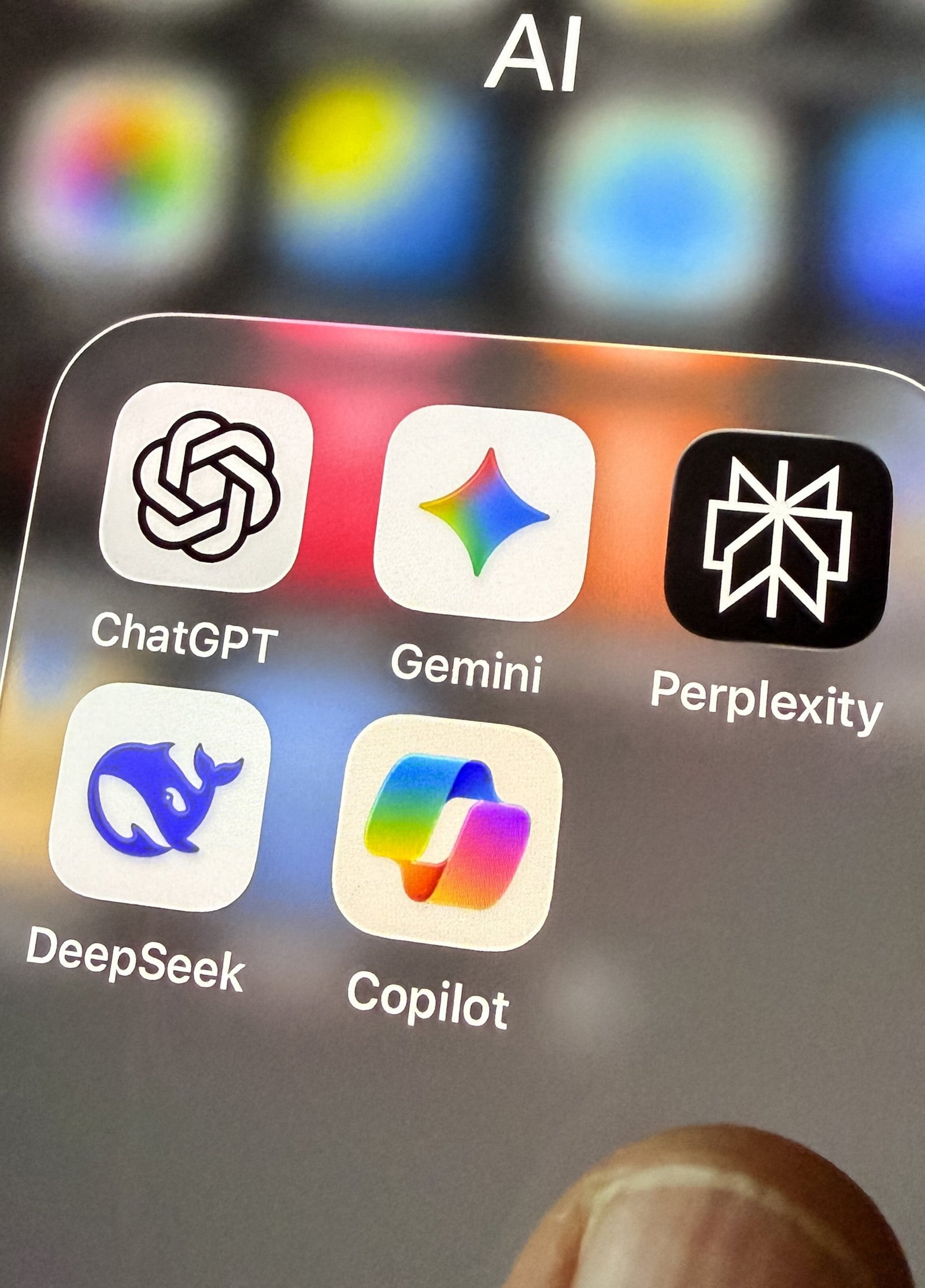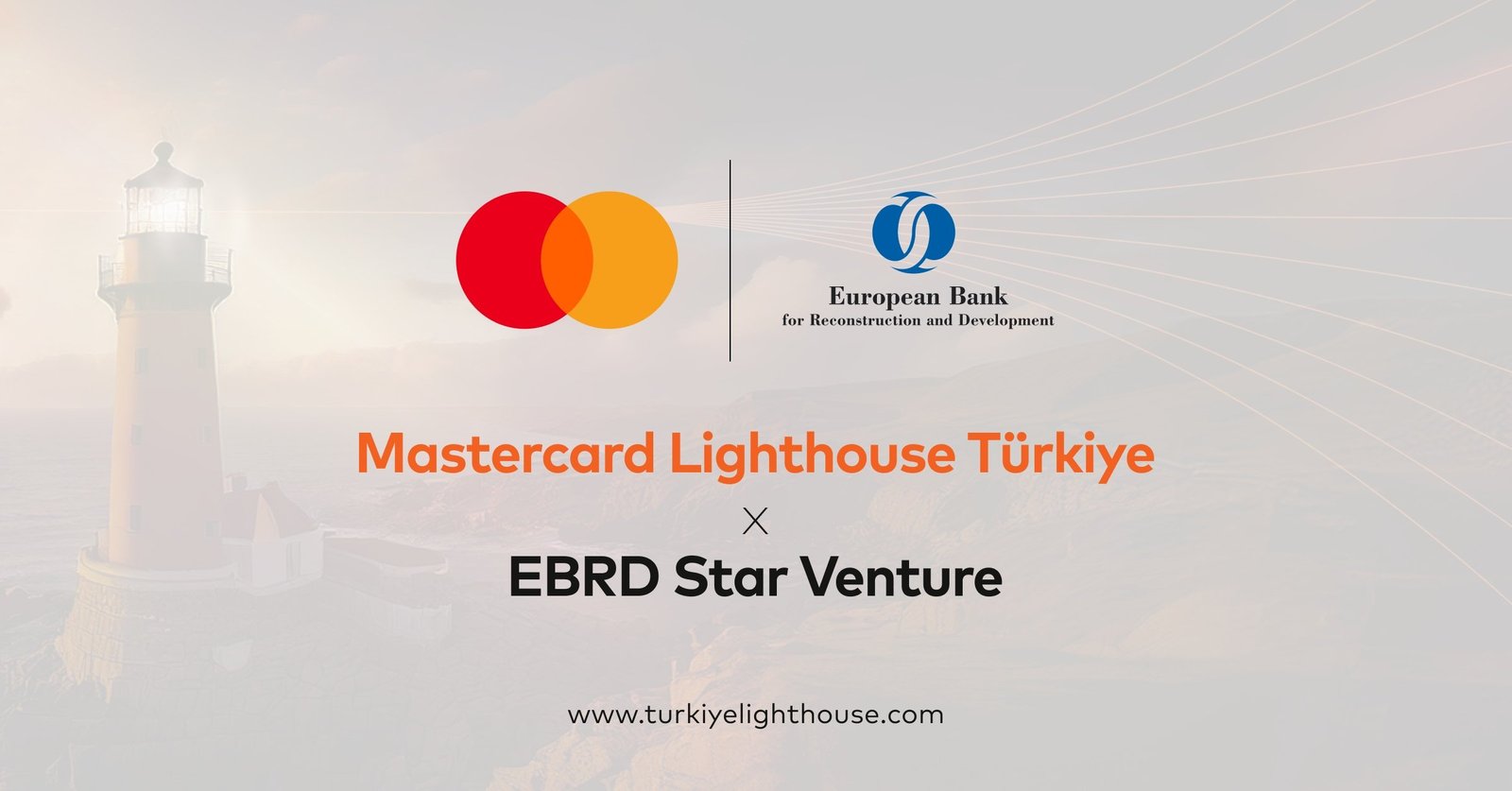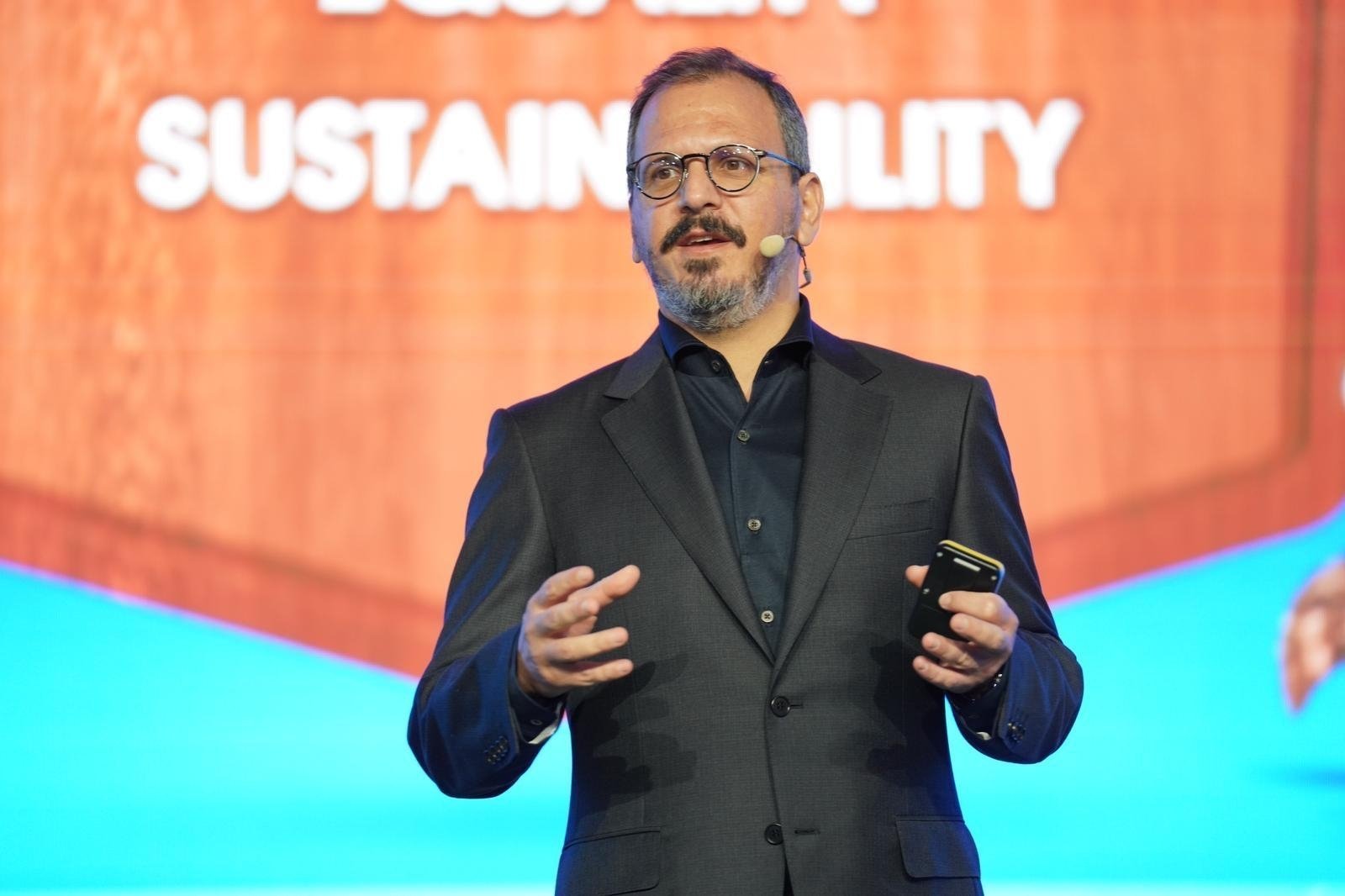Cybersecurity systems are undergoing a rapid transformation as artificial intelligence becomes both a weapon for attackers and a critical defense tool.
Türk Telekom, one of Türkiye’s leading telecoms and technology companies, is at the forefront of this shift, delivering cybersecurity services to nearly 5,000 institutions through more than 50 products and solutions.
Each month, the company’s AI-powered systems block thousands of phishing attempts, DDoS attacks and malware intrusions.
Artificial intelligence is now indispensable in strengthening defenses against increasingly sophisticated cyber threats.
Türk Telekom has developed proactive AI-based systems capable of providing instant solutions to potential problems. In 2023 alone, the company protected against 2,620 critical attacks exceeding 1 Gbps.
The company’s leadership in cybersecurity has been recognized internationally. Türk Telekom has become the first institution in Türkiye to be accredited in three categories by CREST, a global accreditation and certification body.
According to IDC’s Türkiye Cybersecurity Market Analysis Report, Türk Telekom has maintained its position as market leader in the Cybersecurity Services category for three consecutive years, operating the country’s largest cybersecurity center under international standards.
Expanding strategic investments
Beyond its operational defenses, Türk Telekom has also invested strategically in innovation. In 2018, it established TT Ventures, the first corporate venture capital firm in Türkiye’s telecom sector.
Since then, TT Ventures has invested in 12 startups, guided by criteria such as strong founding teams, large market opportunities, technological innovation and scalable business models.
TT Ventures prioritizes high-growth areas including AI-powered B2B solutions, cybersecurity and health technologies.
In 2022, it expanded its investment model by launching a venture capital investment fund with an independent investment committee, further strengthening its role in Türkiye’s technology ecosystem.
Istanbul, Ankara as AI hubs
Globally, AI and cybersecurity markets are expanding at unprecedented speed. The AI market, valued at $428 billion in 2022, is projected to reach nearly $2 trillion by 2030.
In Türkiye, spending on cybersecurity solutions is expected to grow at a compound annual rate of 7.9%, reaching $285.8 million by 2029. Meanwhile, Türkiye’s AI market is estimated to hit $504 million this year.
Istanbul alone hosts more than 80% of the country’s AI ecosystem, cementing its role as the sector’s driving force, with Ankara emerging as another key hub.
AI leadership battle intensifies as Google’s Gemini 3 tops rankings
The race for global dominance in artificial intelligence is heating up, as Google this week unveiled the latest version of its Gemini AI.
Gemini 3 model rapidly surged to the top of the LMArena leaderboard with a score of 1501, positioning itself ahead of rivals such as OpenAI’s ChatGPT and Anthropic’s Claude series.
Yet, questions remain about the model’s true capabilities, as independent testing and broader geographic availability are still limited.
Google claims Gemini 3 is the “best model in the world” for interpreting and processing data from text, images, audio and video.

High scores in benchmarks such as MMMU-Pro and Video-MMMU appear to support these assertions, with the model demonstrating strong reasoning in doctoral-level mathematics and science tasks, an achievement that has caught the attention of academic circles.
Integration across Google’s ecosystem
One of Gemini 3’s key advantages lies in its integration with Google’s vast ecosystem. The model can operate across services used daily by billions, including Search, Gmail and Drive.
For enterprises, it is available through Vertex AI and Gemini Enterprise, offering businesses a comprehensive infrastructure for AI-driven solutions.
Despite its impressive debut, Gemini 3 is not without weaknesses.
The performance metrics presented are largely based on Google’s own tests, and comparative analyses from independent sources are still limited.
Certain advanced features are restricted to paid subscribers, while premium tiers such as Google AI Ultra add to the cost. Moreover, some capabilities in “AI Mode” remain accessible only to users in the United States.
Intensifying competition
Compared to ChatGPT’s ability to access the web and use up-to-date data, Gemini 3’s performance in this area is not yet clear.
In addition, unlike competitors such as Claude, which stand out in creative writing, detailed information about Gemini 3’s success in this field has not been shared.
In conclusion, it is evident that Google has made a strong move in the AI race with Gemini 3. However, the true performance of the technology will become clearer through independent tests and user experiences.
AI agents projected to generate $13 trillion in economic impact by 2030
Salesforce has set the stage for a new era in business transformation, unveiling its vision for agentic artificial intelligence at the company’s 13th Innovation Day in Istanbul.
The business software provider highlighted research suggesting that AI agents – digital systems capable of reshaping workflows and decision-making – could drive as much as $13 trillion in economic impact globally by 2030.
The central theme of the event was the high failure rate among companies attempting to implement AI technologies. According to Salesforce, 95% of organizations struggle to deploy AI successfully, underscoring the importance of human-AI alignment as the key to unlocking value.
Salesforce’s vision promises a future where AI agents not only assist employees but also transform entire organizations.
A new global study prepared with IDC reveals that digital workforce technologies will generate an economic impact of $13 trillion by 2030. According to the research, every $1 invested in artificial intelligence adds $4.60 of value to the global economy.
New era of human-AI collaboration
Sinan Erkiner, Salesforce’s vice president for Emerging Markets, described Türkiye as one of the region’s most dynamic and adaptable markets.
“We are no longer just experimenting with AI. We are entering a new era where humans and AI agents work side by side,” Erkiner said. He noted that Turkish institutions are moving beyond pilot projects to scalable applications that deliver tangible business outcomes.
Salesforce’s Agentforce platform enables organizations to embark on their agentic transformation journey without investing millions of dollars or building systems from scratch. The platform has already created secure, auditable and enterprise-specific AI agents for hundreds of industries and use cases.
Employment, economic growth
The broader “Salesforce Economy” is expected to generate more than $2 trillion in new business revenue between 2022 and 2028, according to IDC, while creating 11 million new jobs worldwide.
Through its free training platform Trailhead, Salesforce is equipping professionals with new roles and skills such as “AI trainer,” “agent developer,” and “decision auditor.”
Erkiner stressed that agentic AI is not about replacing people but about expanding human potential:
“This new era allows every employee to work faster, smarter and more creatively,” he said.
Turkish tech firms secure new funding rounds to speed up global growth
Two Türkiye-based technology companies have successfully closed investment rounds, as they seek to expand their presence in international markets and strengthen their AI-driven platforms.
AdTech startup GoWit completed a strategic funding round led by Nuwa Capital, with participation from Formus Capital, APY Ventures and DCP.
The company plans to use the capital to consolidate its leadership in multichannel commerce and retail media across Europe, the Middle East and Africa.
GoWit’s AI-powered retail media platform connects retailers, brands and agencies under one roof. Its technology is already deployed by major Turkish companies such as Teknosa, Koçtaş, Beymen and CarrefourSA, as well as international players including Union Coop, Raneen, Toters Delivery and Mumzworld.
Market research indicates that the MENA retail media sector could reach $6.35 billion by 2030.
In fintech, Onlayer secured $8.2 million in a Series A round led by Oleka Capital, with participation from Deniz Ventures, Revo Capital, Türkiye Development Fund and investor Sandeep Gomes. The Gelecek Etki Fund also renewed its support.
Onlayer provides an end-to-end merchant management platform for banks, payment institutions and fintechs, operating across 12 countries.
Recently, the company became the first licensed Merchant Monitoring Service Provider accredited by global card schemes in Türkiye and Europe.
With the new funding, Onlayer aims to accelerate growth in the Middle East, Africa and Asia-Pacific.
Both GoWit and Onlayer plan to leverage their fresh capital to enhance AI-focused technologies and scale internationally.
Global accelerator program targets fintech startups in Türkiye
Türkiye’s financial services ecosystem is set to benefit from a new wave of support as the Mastercard Lighthouse Türkiye x EBRD Star Venture Startup Acceleration Program has opened applications for its second cycle.
Entrepreneurs can apply until Sunday via turkiyelighthouse.com.
Following preliminary evaluations and jury reviews, six startups will be selected and officially announced in December through Mastercard Lighthouse’s LinkedIn account.
Chosen startups will gain access to mentorship from senior Mastercard executives and the opportunity to collaborate directly with strategic partners. They will also participate in tailored training programs, tap into the European Bank for Reconstruction and Development’s (EBRD) extensive investor network and join high-profile industry events.

The program offers a dual curriculum: a three-month Mastercard Lighthouse Türkiye track, followed by up to 15 months of EBRD Star Venture support, providing a total of 18 months of comprehensive guidance.
Each startup will receive a 50,000-euro ($57,728) fund from the EBRD to support consultancy projects and participation in international events.
Launched in 2018 across the Nordic and Baltic regions, the Mastercard Lighthouse program has facilitated more than 300 partnerships and helped channel over 1.2 billion euros in investments.
The program, which counts unicorn startups among its alumni, launched in Türkiye in 2024. Its purpose is to facilitate connections between startups seeking financial support and local and global business partners, increase their access to investors and accelerate fundraising processes.


